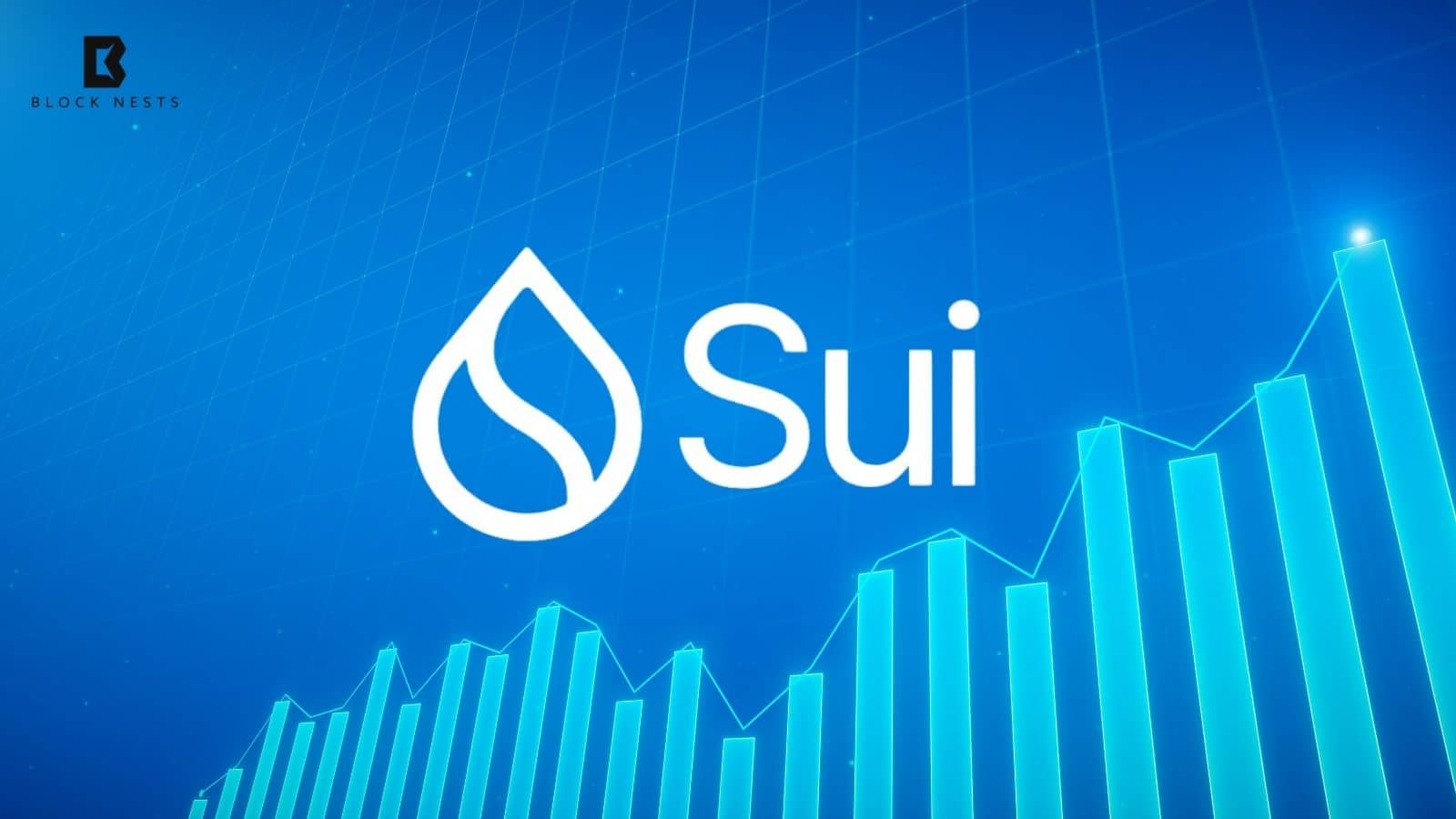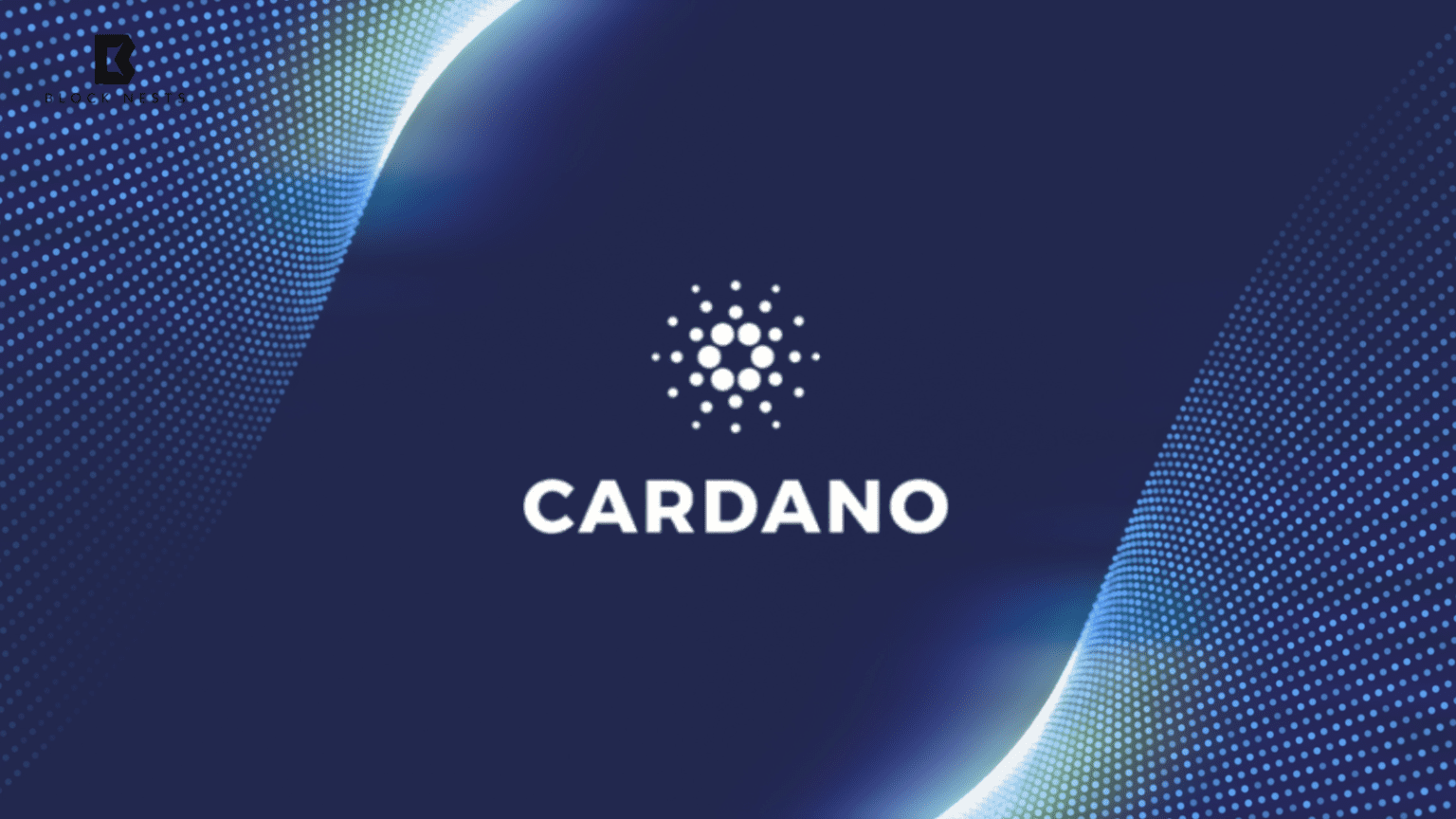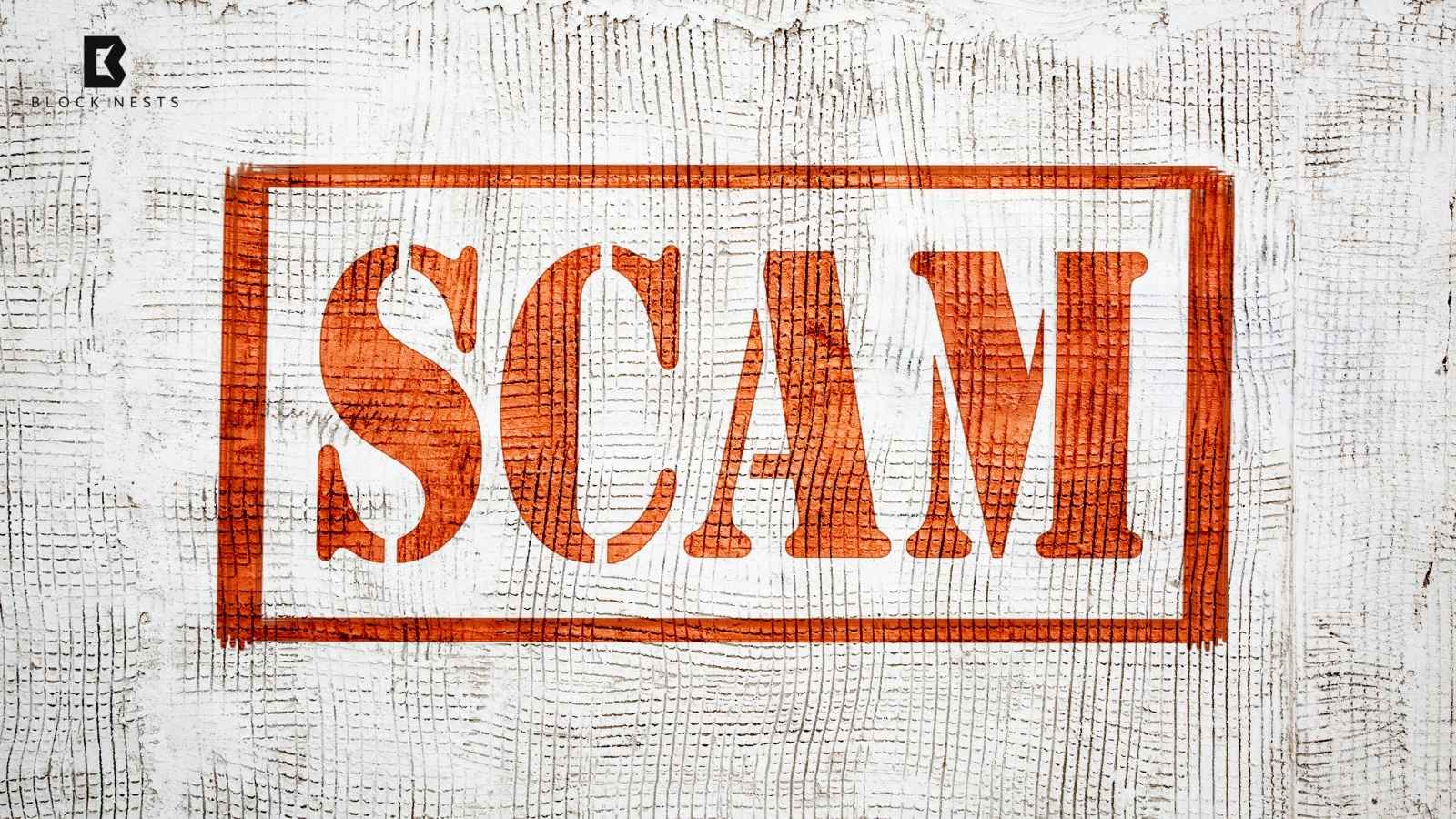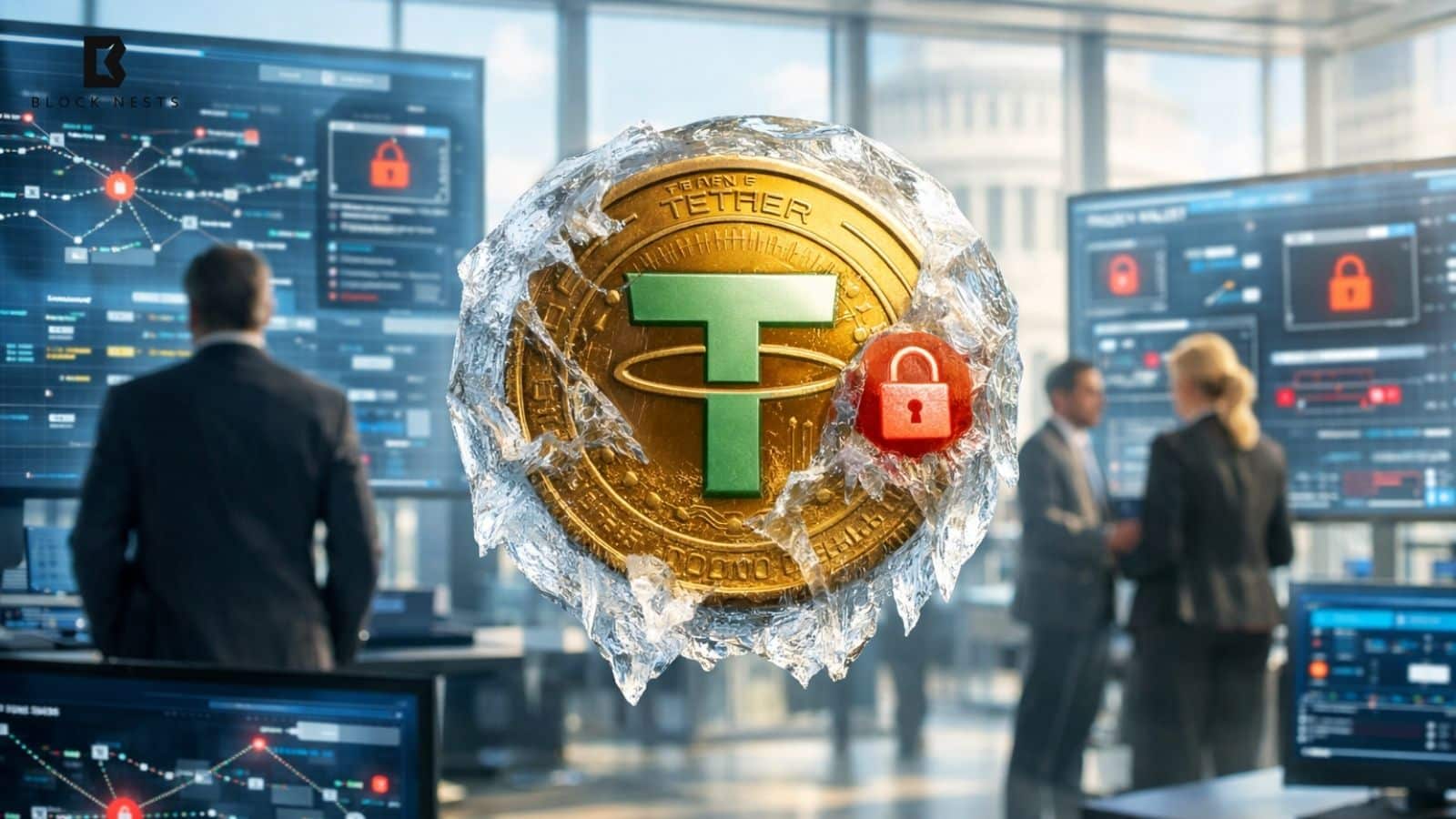- Starting in June, non-profits and exchanges can legally sell virtual assets with proper internal controls.
- Strict anti-money laundering checks and donation oversight mechanisms are now required.
- Revised rules target market stability by minimizing speculative trading and price manipulation.
South Korea is preparing to open a new chapter in the crypto and virtual asset market. Starting in June, non-profit organizations and virtual asset exchanges will be able to legally sell crypto assets. This decision follows a meeting of the Virtual Asset Committee, where the Financial Services Commission finalized guidelines for crypto sales.
The action is within an effort to facilitate responsible involvement within the digital financial arena. These standards provide access for some institutions to trading accounts. However, access is with conditions. Institutions need to create internal review mechanisms.
They will have to undertake rigorous anti-money laundering controls as well. Only companies with an audit of five years or more can start selling. The sellers will also have to establish internal review committees for donations. These committees will actively verify how organizations scrutinize and utilize donations. From day one, they mandate full transparency.
Crypto Market Controls to Curb Price Spikes
To stop prices from rising precipitously and then crashing, the government is imposing tighter market regulation. The goal is to avoid so-called “listing beam,” abrupt price spikes created both by limited supply and rapidly increasing demand.
There will be some minimum amount of coins in circulation prior to trading beginning. There will be limitations as well on the use of market orders in the first trading period. That should let the market settle. Exchanges must comply with listing standards for new virtual assets, in particular low-volume or ambiguous-value assets, commonly referring to them as zombie or meme coins.
Trading support will not be available for low-liquidity or suspiciously trading coins. Meme coins should fulfill minimum requirements, including transaction price or listing on reputable international exchanges. The move is aimed at eliminating speculation as well as safeguarding common users.
Board Approval Required for All Transactions
The statute is straightforward for virtual asset exchanges. Organizations may sell assets only to cover meeting expenses. They can sell only the highest-grade assets, and even then, only under strict limits. They must not sell more than 10% of the projected daily volume. No exchanges can sell their assets on their platforms in order not to jeopardize their interests.
Transactions have to be verified through the board of directors. Pre- and post-sales full records have to be disclosed. The government also mandates that non-profits, exchanges, and banks cross-check customers.
The Financial Services Commission plans to complete customer confirmation guidelines in May. Corporate real-name accounts will be in the second half of the year. These are just some of the steps in an overall roadmap toward bringing businesses into the virtual asset economy safely and soundly.
Related Reading: Bitcoin Consolidation Deepens Near $95K as $3 Trillion Mark Looms
How would you rate your experience?






